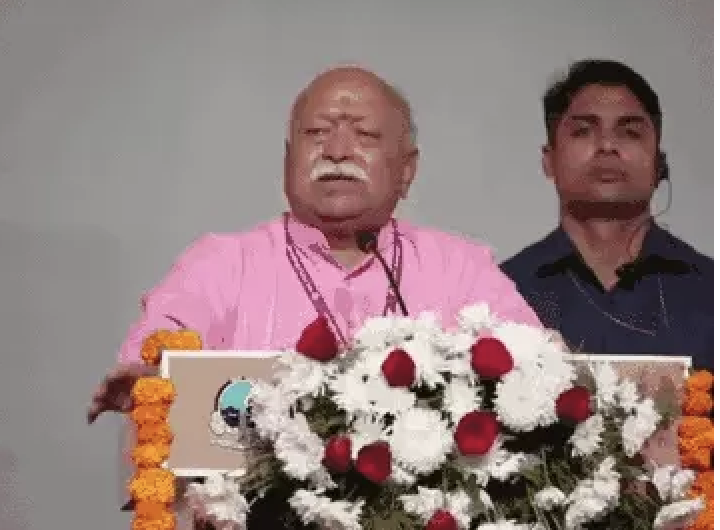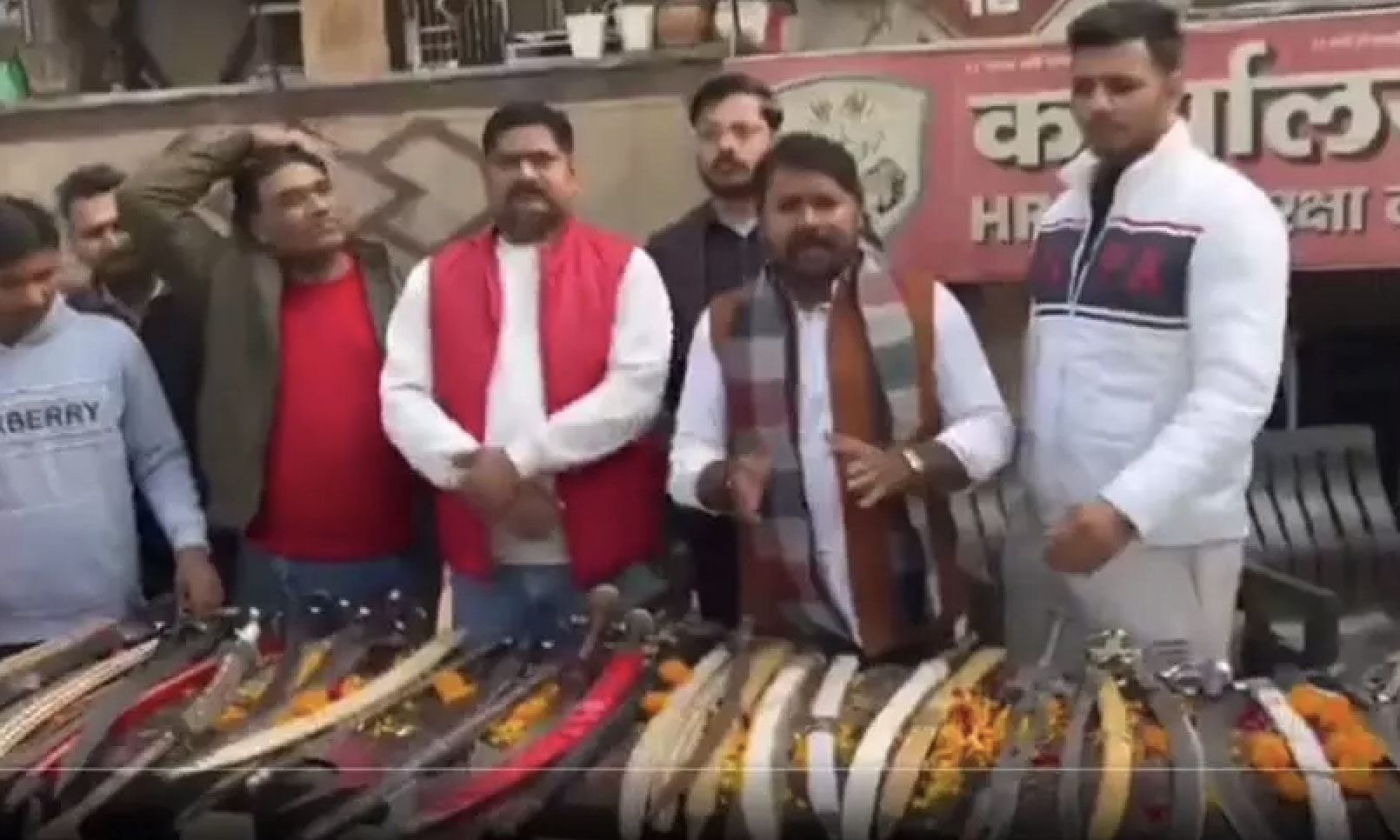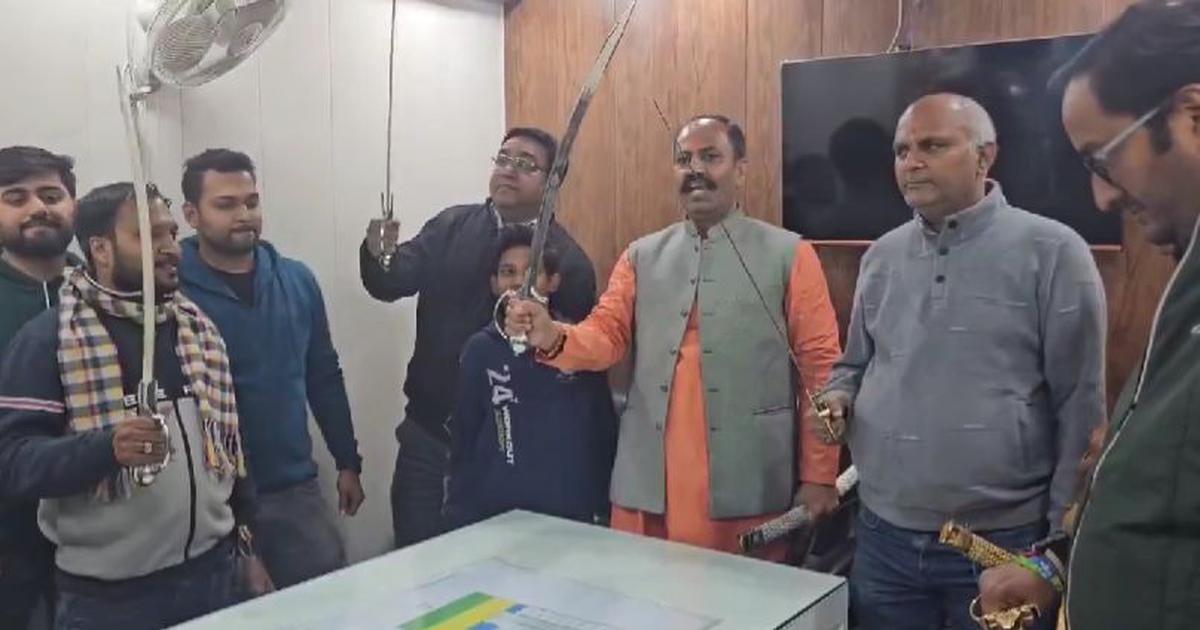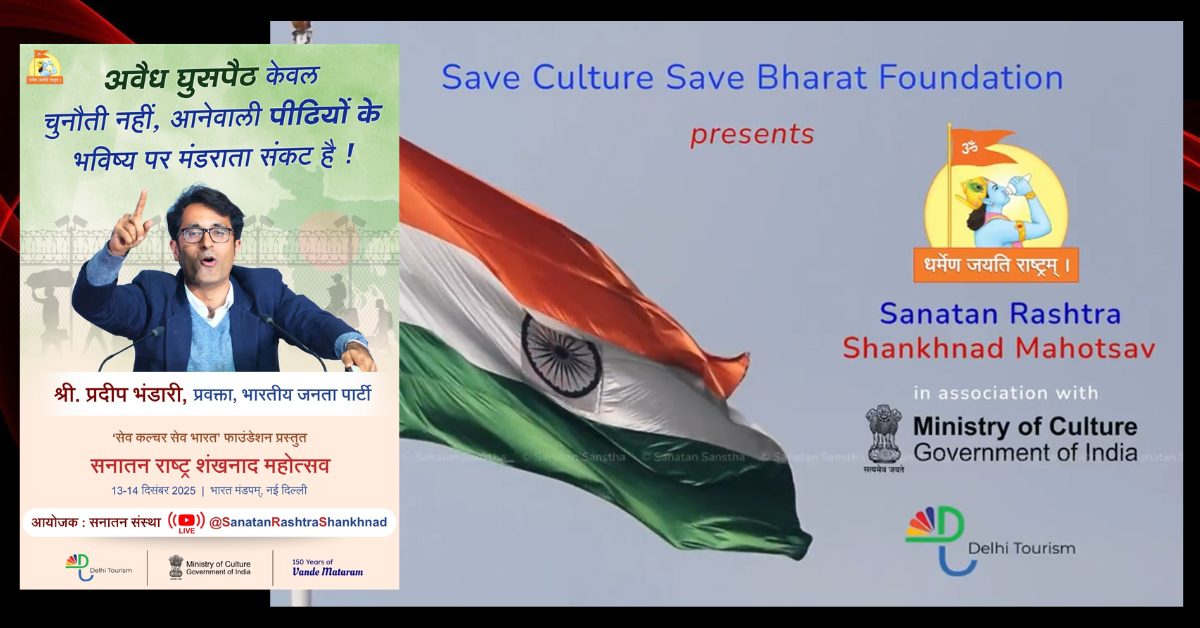
The RSS and the Sangh Parivar claim Vivekananda as an inspiration; Vivekananda is most important in the Sangh’s pantheon of cultural figures. However, Vivekananda had no influence on the RSS in its formative years when it developed its political ideology of Hindutva, or in the years immediately following Independence. The Sangh’s public adulation of Vivekananda seems to have begun in the sixties. He was presented as both a patriot and a glorifier of Indian culture and Hinduism. The Sangh tried to create greater recognition for a more Hinduised, nationalistic Vivekananda.
A watershed was the movement led by the RSS and the VHP to install a Vivekananda memorial in Kanyakumari. The Tamil Nadu government was not keen, so the RSS was able to build a movement out of the Vivekananda memorial, making it into a national cause. They distributed lakhs of leaflets with quotations from Vivekananda, in the process impressing on people’s minds an association between Vivekananda and the Sangh. Having garnered support from across India, the RSS eventually got the memorial as well as a Vivekananda Kendra built.
This allowed the RSS and its Sangh affiliates to forge an association in the popular mind between them and the figure of Vivekananda, giving the RSS’s claim of representing Hinduism legitimacy. Vivekananda was already part of the national consciousness in the sixties. With their tireless efforts to further iconise his image, the Sangh not only took credit for doing something for Hinduism, but also gained the legitimacy of association with one of modern Hinduism’s most revered and admired figures.
The history of a civilisation and the history of its dominant religion must necessarily overlap. Vivekananda’s idea of a decline in Indian national life reflected in his views on Hinduism and its evolution. Vivekananda, unlike Hindutva’s key thinkers, nowhere expresses the idea that Indians had a sense of political nationality before the arrival of the British. He, however, seems to have extended the notion of nationality to include the cultural substratum on which political nationalism and the idea of a nation take root, and it is in this sense that he talks of the Indian nation and its life since the Vedic ages.
This story was originally published in scroll.in. Read the full story here.






